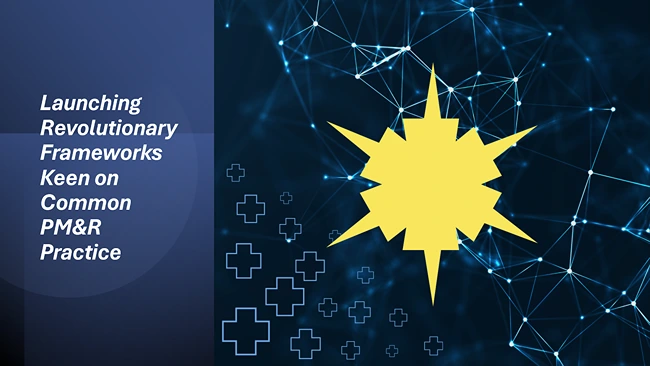CITALI Healthcare Solutions is the premier PM&R hospital-grade Managing Service Organization (MSO) redefining how specialized rehabilitation care is accessed, delivered, and scaled. Through licensed clinical leadership, operational precision, and a fully integrated flat-fee model, we help stand-alone Inpatient Rehabilitation Facilities (IRFs) and hospital-affiliated Acute Rehabilitation Units (ARUs) unlock capacity, streamline workflows, and achieve sustainable growth, particularly in underserved and underperforming markets.
We don’t simply support PM&R operations—we engineer transformation. Our compact, licensed clinicians serve as Clinical Strategy Officers (CSOs) & these high impact medical process engineers are embedded directly into rehab environments to drive performance, expand access, and elevate strategic alignment. CSOs are supported by Clinical Strategy Specialists, functioning as IRF and ARU scribes. They ensure documentation precision, accelerate admission processes, and reinforce data integrity, strengthening compliance and daily execution from the inside out.
This clinician-led, BAA compliant infrastructure equips rehab establishments to overcome systemic barriers, activate community-based referral pipelines, and improve regulatory and financial outcomes—all delivered with one predictable, flat-rate partnership.






